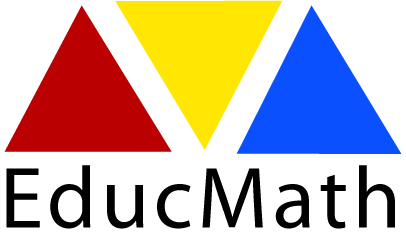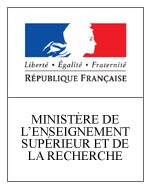Using game mechanisms to foster GBL designers' cooperation and creativity
J.-P. Pernin, C. Mariais, F. Michau, V., Emin-Martinez, N. Mandran
This paper focuses on ScenLRPG, a method, based on a graphic formalism, for designing game-based learning systems in a vocational training context. We detail in Section 2 the theoretical background for our hypotheses on three properties such a method should provide: 1) supporting the elicitation of the game mechanisms so as to boost learner's motivation; 2) enabling a team of designers to collectively build a game-based learning scenario; 3) improving designers' creativity. Section 3 presents the ScenLRPG method and the different types of tool we have developed using this method. Section 4 presents an evaluation study performed using a tangible version of the method, based on a board game. The aim of this study was to test whether the method effectively favours designer collaboration and creativity, but also to gather the pros and cons of a board game-based design tool versus a computer-based environment. The final section is devoted to an analysis of the obtained results.
Keywords: vocational training; GBL; game-based learning; game mechanisms; role-playing games; learning design; design sketching; creativity; participatory design; evaluation study; intention-driven requirements engineering; game design; cooperation; learner motivation; collaborative design; board games; computer games.
Journal: Int. J. of Learning Technology, 2014 Vol.9, No.2, pp.139 - 160
lien vers la parution sur le site de l'éditeur









